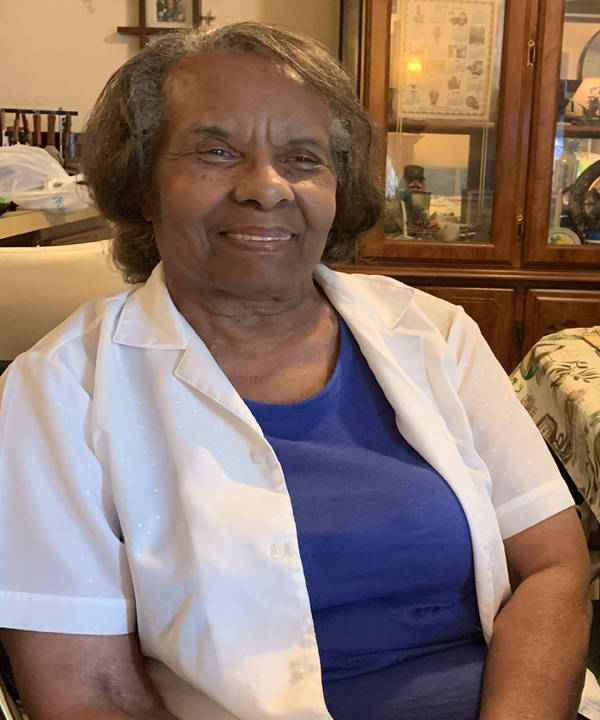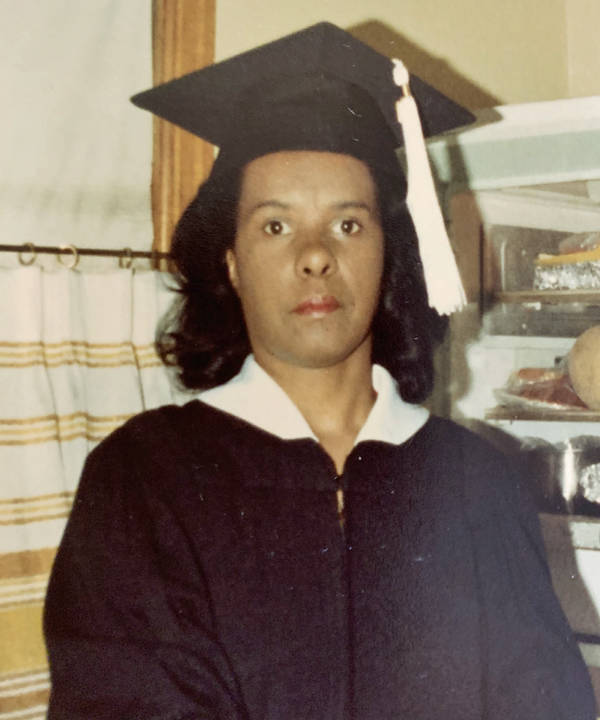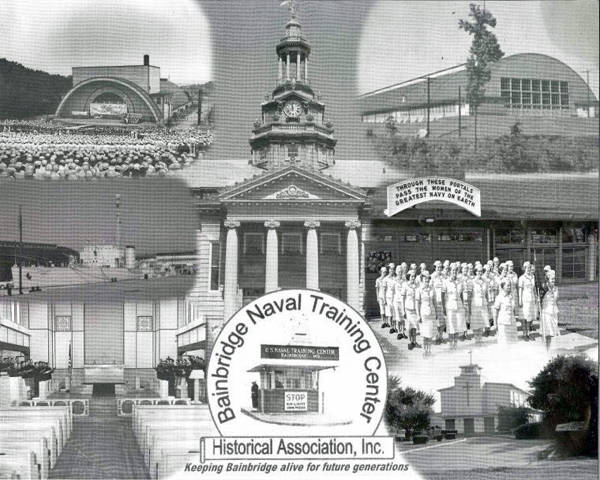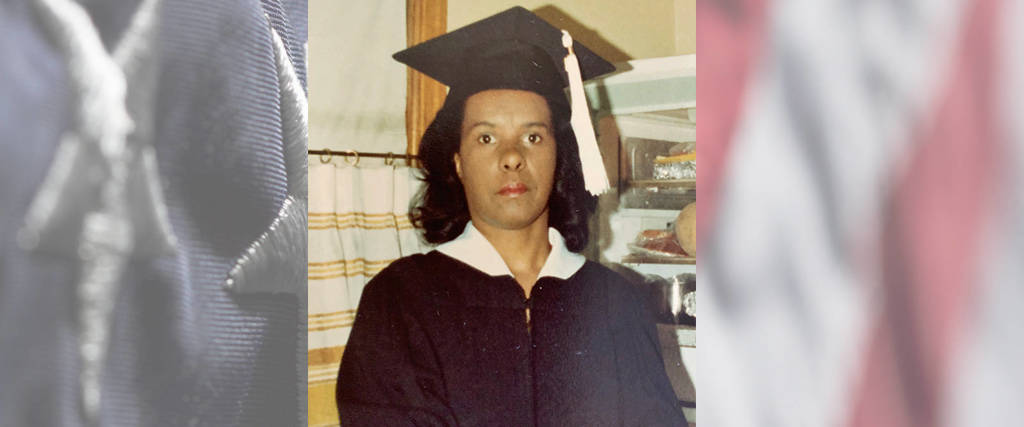U.S. Navy Korean War Glenwood, IL Flight date: August, 2019
By Frank Hauenschild, Honor Flight Chicago Veteran Interviews Volunteer
Barbara Lloyd was born into a family with a history of serving our country. As the youngest of five siblings, Barbara’s older brothers, William and Donald, served overseas during World War II. Even her mother, Fannie, was employed at Hines Veterans Hospital while Barb was growing up in the Chicago area. Her brother, Ken, whom she adored and looked up to, served in the U.S. Navy following WWII. Being home on leave from the Navy, Ken would often share his experiences and stories with Barbara. Impressed with Ken’s travels in the Navy, Barbara related that she became “crazy about the Navy” which planted the seed of her serving in the military. Smiling, she further related that she was very attracted to the Navy uniforms, which also led her to joining the Navy over other military branches.
Graduating from DuSable High School, Barbara was employed by Illinois Bell Telephone company as a customer service representative until she turned 18-years-old. Within a month of turning 18, with the ever-present lure of joining her brother Ken in the Navy, Barbara enlisted in April, 1954.
Barbara recalled an immediate observation when she arrived at the Naval Training Center in Bainbridge, Maryland for Basic Training. Unlike the present-day female Navy personnel, Barbara remembers her supervisors told the recruits that even though they were Navy, their role was to be a “female first,” and then a Navy recruit.


There was no intense physical activity required for the female recruits, except a lot of marching. Barbara stated that they were up and ready at 5:30 a.m. for their morning march to the mess hall. While the mess hall served both the male and female recruits, the female barracks were remote compared to the male barracks which were closer to the mess hall. She related the distance from the female barracks to the mess hall was over a half a mile, “and all uphill.” To break up the monotony of their march, which sometimes occurred up to three times a day, they would sing, as they marched to their meals.

While at Boot Camp, Barbara stated that the female recruits would take many qualifying exams in order to be placed in a designated position after leaving Boot Camp. At that time, Barbara and other female recruits knew that they would never leave the states or be on a ship pursuant to the existing Naval regulations. Graduating from Bainbridge, Barbara was assigned to Naval Air Station Patuxent River, near Lexington Park, Maryland. Having the rank of Yeoman Seaman, Barbara was assigned to the Office of the Commandant, Atlantic Fleet Air Wing. As a YNSN, Barbara would perform clerical work and administrative duties as her primary function. Being assigned to approximately seven to eight pilots assigned to the Air Wing, she would perform confidential communications as needed by the pilots.
Barbara recalled that it was a good assignment. A typical workday would be from 8:00am to 4:30pm during the weekdays. Marines would escort the female Yeoman to and from their barracks each day by bus. In addition to her regular workweek, Barbara states that additional duty assignments would be required on weekends on a rotating basis. She shares a memory of one point in her Navy career when she “bucked authority” and “went off” on a junior commanding officer. He had assigned her to work five weekends in a row in addition to her regular workweek. After a heated exchange, and being threatened to be sent to the brig, a ranking officer overhearing the dispute intervened and had a few words with the junior officer. That conversation quickly ended the grueling consecutive weekend assignments for Barbara. She chuckled when she recalled being threatened by the junior officer to be sent to the brig. At that time, the Navy position was “female first” and she knew that she would never see the brig and at worst would be confined to her barracks. Overall, she enjoyed her time and duties at the Commandant’s office.
Occasionally, when off-duty, Barbara and others would go to the Enlisted Military Club (EM Club) for entertainment. There they could socialize with other male and female personnel to break up their time while on base. As the female barracks were located near the main gate at Patuxent River, they could leave the base as they pleased.
Barbara shared some of the unpleasant experiences she had when she would leave the base. During her military service, and before the civil rights movement, Barbara experienced the prejudicial attitudes by people when she was refused service in town because she was African-American. She commented that even when in the uniform of the U.S. Navy, she was often told, “we don’t serve blacks” in many places she went to off-base. Her best times off-base were when someone had a car and they could travel to areas near the base where African-American populations and businesses were located. There they could enjoy life and get away from the rigidity of military service.
Receiving an early out from the Navy in 1955, she returned to her parents’ home in Chicago. She resumed employment with Illinois Bell Telephone and then went to work for AT&T in downtown Chicago. Based on her military experience, Barbara was hired by the Treasury Office in Chicago and managed Saving Bonds that were issued by the Department. While married and raising three children, Barbara worked with the Chicago Housing Authority, the Chicago Park District and finally with the Cook County Housing Department. She now enjoys retirement in her home in Glenwood, Illinois, where she likes spending time with her children and four grandchildren.
When asked if she would join the Navy again if she had the chance, she reminisced for a moment, recalling her siblings’ military service to our country, then she answered affirmatively. She is proud of her service and even more proud of how females have advanced and changed military service in our country.



